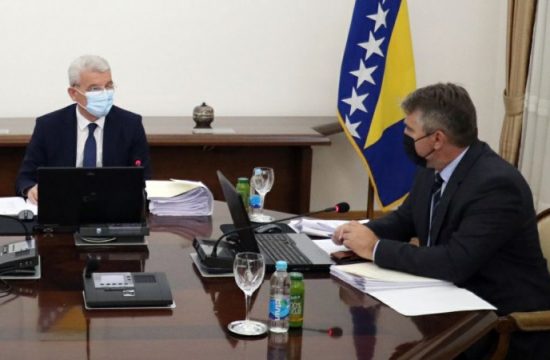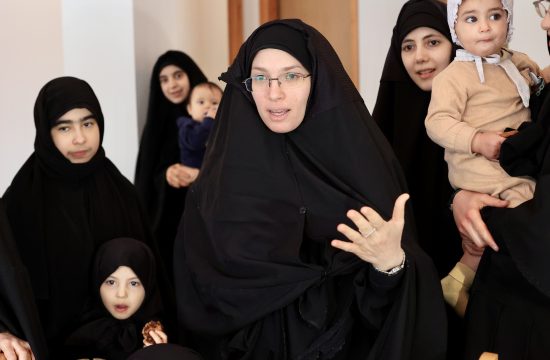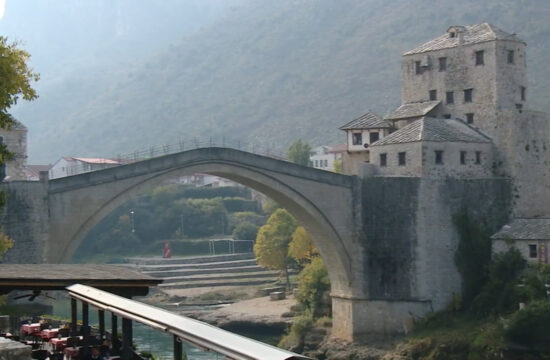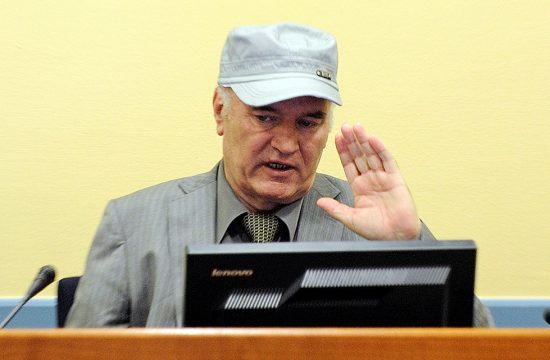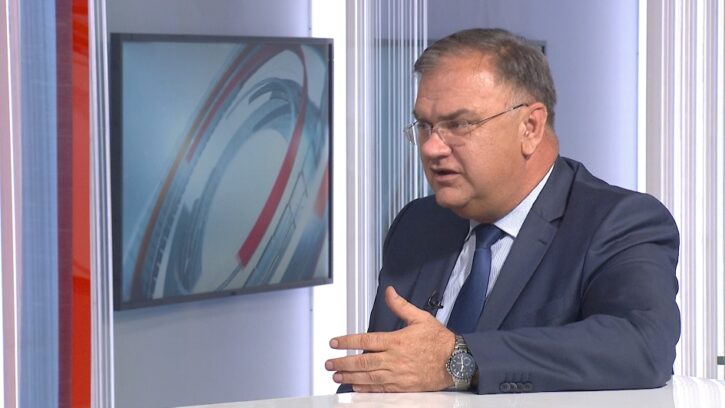
The Serb member of Bosnia’s tripartite Presidency said that the banning of Russian writer Zakhar Prilepin from entering the country requires a clear explanation now that the Russian Embassy expressed concern over it.
Yevgeny Nikolayevich Prilepin, better known as Zakhar Prilepin, was supposed to attend an event in Banja Luka on Friday but was turned away by Bosnia’s border police a day before.
“Considering the fact that Russia and Republika Srpska (Bosnia's Serb-dominated part) and Bosnia and Herzegovina have an extraordinarily good relationship and that this concerns a country that is a guarantor of the Dayton Peace Agreement (which ended the 1992-1995 Bosnian war), I expect a clear stance from the competent state bodies on this case,” Serb Presidency member Mladen Ivanic said.
The relationship with Russia must be maintained and Bosnia’s public must be precisely told why the Russian writer would represent a security threat, so that any speculation on the matter is prevented, he said.
The order to ban Prilepin came from the Intelligence-Security Agency of Bosnia and Herzegovina (OSA-OBA BiH) on March 26 this year, and it states that his presence represents “a threat for the security” and “international relations” of Bosnia.
The Russian Embassy in Bosnia expressed “concern” and “deep disappointment because of the incident” and it requested and explanation from Bosnia’s Ministry of Foreign Affairs.
Bosnia’s Foreign Minister, Igor Crnadak, told N1 on Friday that his Ministry will ask the Board of the OSA-OBA BiH for information on the case “until the end of the day or on Monday morning at latest” and then forward it to the Russian Embassy.
The President of the semi-autonomous Republika Srpska (RS) entity, Milorad Dodik, awarded Prilepin on Friday for “his work and achievements on cultural and spiritual development, as well for his special achievements in the field of public activism which has contributed to the strengthening of friendly relations between the Russian Federation and the entity of Republika Srpska.”
Prilepin was involved in the war in Ukraine, supporting Russian separatists, and he also took part in the conflict in Chechnya in the 1990’s. He told Russia’s Sputnik on Thursday that the ban may have something to do with his activities in Donbass, Ukraine.

